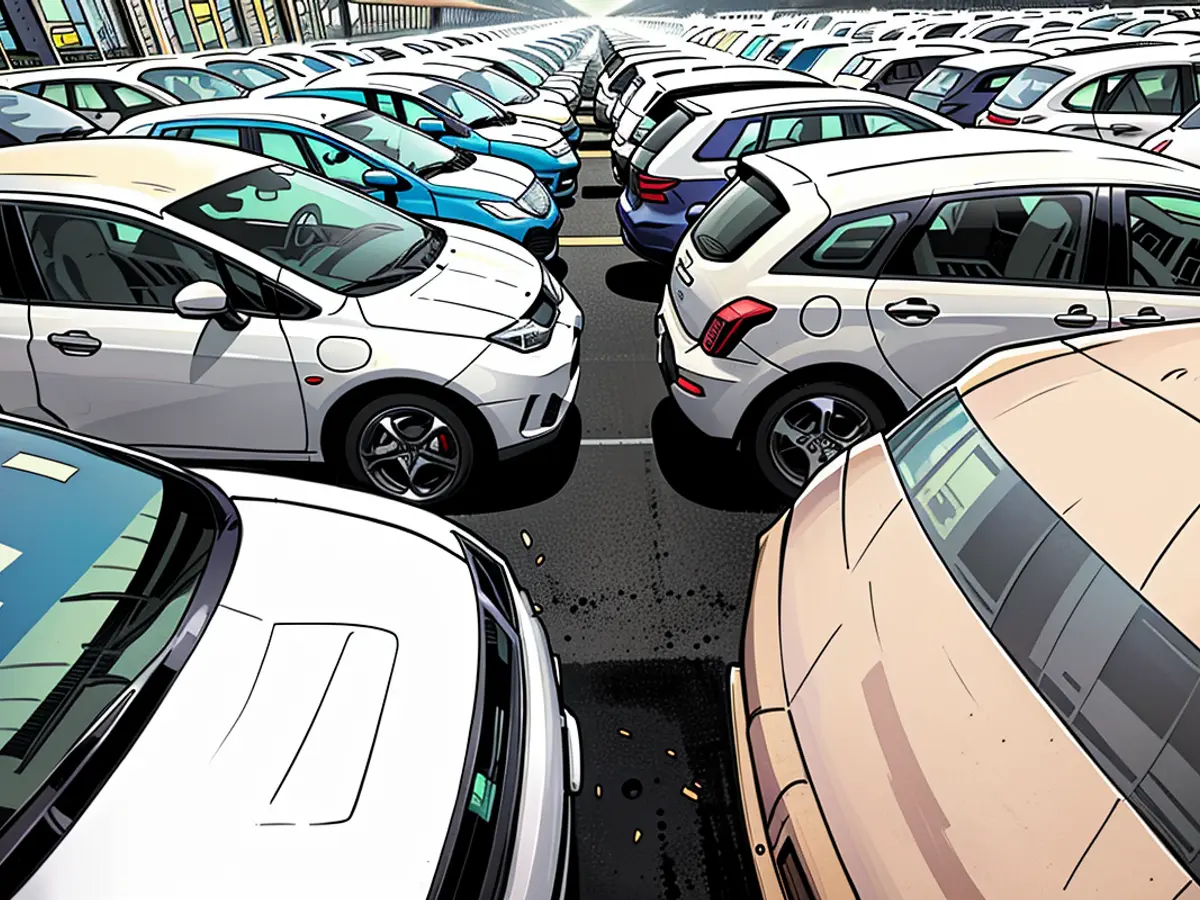BYD, a prominent player in the Chinese electric vehicle scene, has recently witnessed a significant boost in sales.
During the first half of the year, BYD, also known as Dreambuilders, reported a 15.8% annual revenue growth, reaching approximately 301 billion yuan or around 37.7 billion Euros. The company's net profit also rose, hitting approximately 1.7 billion Euros, marking a 24.4% increase.
China, being the world's leading market for electric vehicles, aims to make electric power the primary energy source for most of its new-model cars by 2035. Favorable incentives and the surge in electric and hybrid vehicle registrations have contributed to the sales escalation. In fact, half of all new vehicle registrations in China in July were either fully electric or hybrid vehicles.
BYD originally began as an electric battery manufacturer before venturing into automobile production in 2003. Renowned companies such as BMW, Mercedes, Audi, Toyota, and even Tesla procure batteries from BYD. With the market flooded with numerous electric vehicle manufacturers, cutthroat competition, and price battles ensue. Despite this, BYD has managed to withstand the challenges by expanding its operations to automobile production.
China's electric vehicle market is experiencing robust growth, driven by a combination of government support, consumer adoption, and competitive strategies from manufacturers like BYD. Favorable incentives, a strong battery supply chain, and increasing consumer interest contribute to the market's expansion.
BYD, in particular, has set a new record for overseas EV sales in January 2025, selling over 300,500 new energy vehicles (NEVs), a 50% increase from January 2023. The surge was driven by strong demand for its Ocean and Dynasty series, as well as its Song Plus and Seagull EV models.
The competition between BYD and other manufacturers, including Tesla, is fierce. Chinese manufacturers like Nio, Xpeng, and Li Auto are also challenging the market, each with their unique strengths and strategies. European automakers face significant financial risks due to stricter emissions standards and policy changes, impacting their ability to invest in new technologies and models.
BYD is expanding its global presence by opening new EV plants in various countries, aiming to gain a stronger market share. The company's success can be attributed to its focus on affordable models and aggressive international expansion.
However, the electric vehicle market in China faces challenges, such as market saturation and regulatory changes. Manufacturers must adapt to these changes to maintain growth in the rapidly evolving EV landscape.








